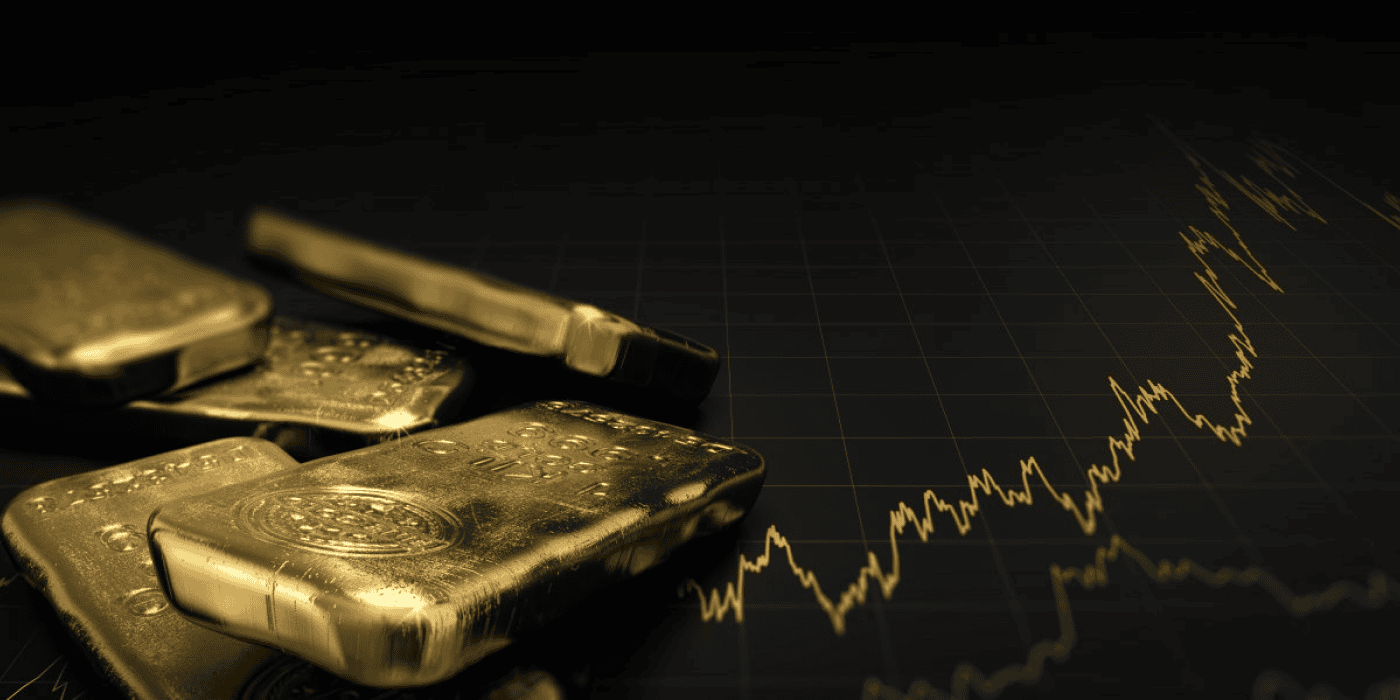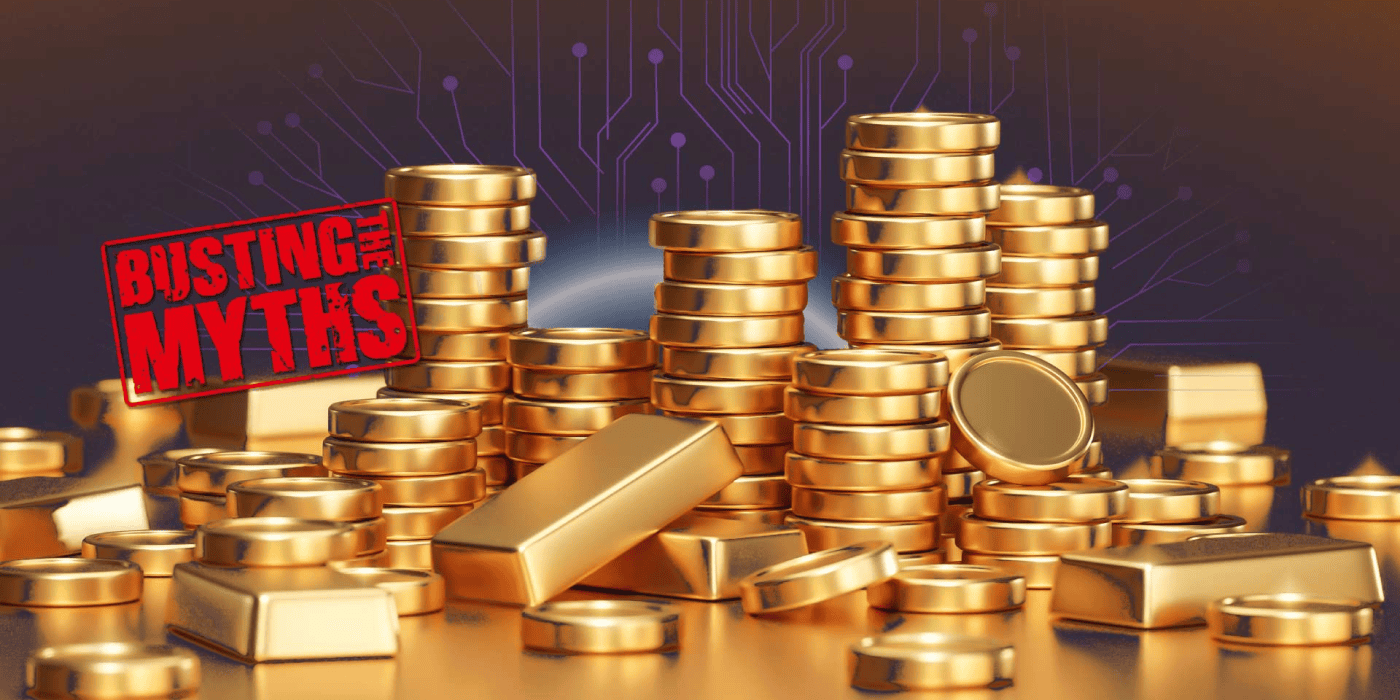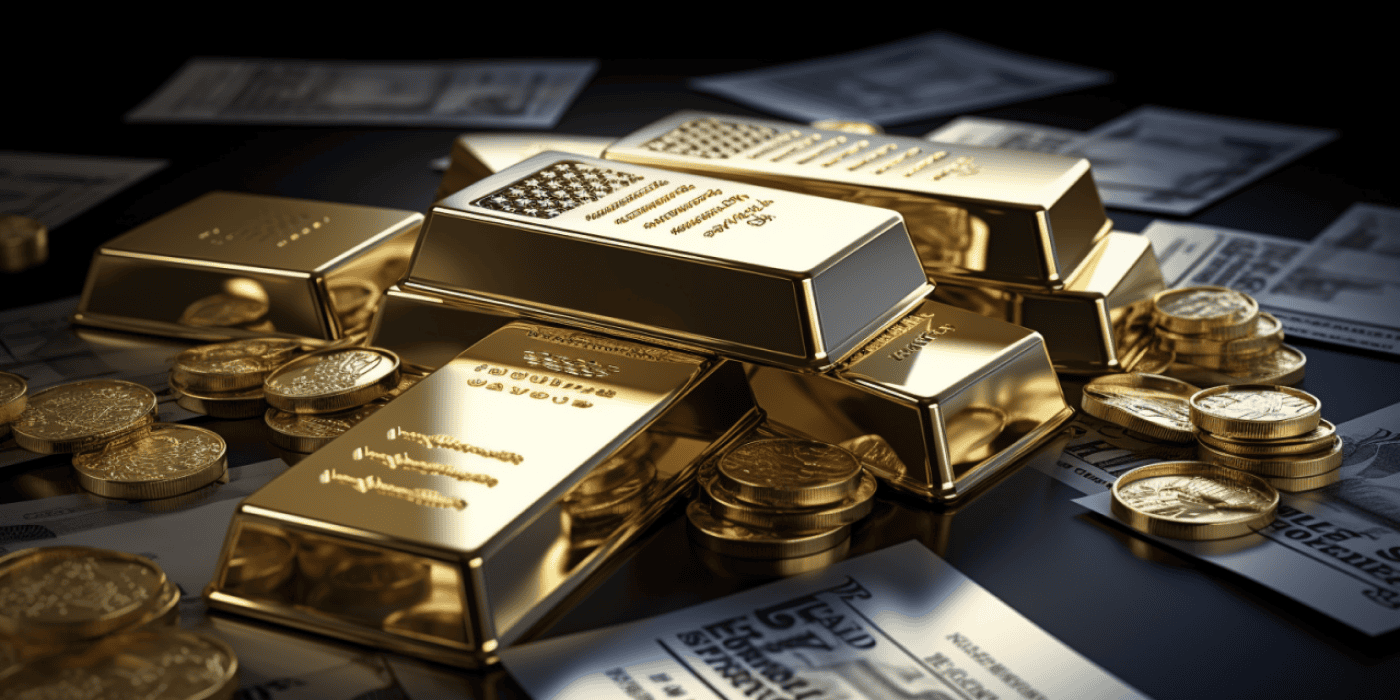Platinum was identified as an element in the mid-18th Century. The extraordinary physical property of this "unmeltable" and "infusible" metal made it uniquely valuable.
Today's No.1 use – to reduce harmful gases and emissions from diesel engines – is barely four decades old. Automotive catalysts now account for 40% of the world's platinum buying each year. Ever-tighter environmental rules (led by the 'Euro' standards applied worldwide) tend to see more metal needed.
A huge range of other industries also buy platinum for the way it speeds up or improves the yield from chemical reactions. Platinum catalysts are vital in refining petroleum, and they help chemical manufacturers make key ingredients for fertilizers, plastics, synthetic fibres, dyes and medicines (7% of demand);
Because it's heavier, harder and much rarer than gold, platinum is ideal for jewellery. That accounts for around one-third of demand today, led by the Chinese jewellery market;
Platinum's high melting point (1768°C versus 1064°C for gold) makes it perfect for handling and forming molten glass, and for drawing glass fibres (2% of demand);
The least reactive metal on earth, platinum is safely used in pacemakers and other medical implants, and it makes medical instruments visible to the surgeon during ‘keyhole’ surgery (3% of demand). Platinum-based anticancer drugs also block the replication of DNA in fast-reproducing cells;
Because it does not corrode, platinum is a vital metal in many electrical (2%) and electronic (2%) technologies, including thermo-couples for measuring heat, high-performance spark plugs, LCD screens, and for coating hard memory disks in computer servers;
Other industrial uses (4%) include fuel cells, invented in the mid-19th Century and used 100 years later to give electrical power to satellites and spacecraft. Nearly all of today's leading automakers have now developed their own fuel-cell vehicle that is 100% electric yet refuels in minutes rather than the hours it takes to recharge batteries. A truly "clean energy" source, emitting water as waste, this looks like a serious contender to replace the internal combustion engine in the 21st Century.
Growth in demand
With industrial, chemical and technological uses dominating the market, that leaves just 7% of annual demand coming from investors wanting to buy platinum over the last 10 years, way below the average figure for gold (40%) or silver (21%).
That hasn't stopped platinum prices reacting to sharp inflows of speculative money. Investment buying saw platinum jump 330% between 1977 and 1980 when the metal averaged $677 per ounce. That beat gold (up 315% in 3 years) but not quite silver (up 350% on its annual average) as the 1970s' inflation crisis peaked.
Platinum prices rose again during what many analysts and pundits called the 'commodities supercycle' of the early 21st Century. The metal rose five-fold from its 1990s lows to the spring 2008 peak above $2,000 per ounce. It then dropped back as the global financial crisis hit demand and prices for all natural resources.
Over the following 5 years, platinum prices averaged 73% of their peak, almost as stable as gold following its 2011 top and much firmer than silver, which halved on average over the half-decade to 2016.
Compared to gold prices, platinum has been at a discount to the less industrially useful metal on just four occasions during the past 40 years. The current period, its longest ever, is increasingly difficult to square with five consecutive years of demand outstripping supply. Investors who have not previously considered buying platinum may see this as an opportune entry point.
A better way to buy platinum
Professional traders don't put up with wide dealing spreads, worries about storage, high insurance costs or a lack of buy-back quotes. The wholesale market is where the 'spot' price of platinum is created. eBullion (www.ebullion.in) enables you to join it simply and quickly online. The cost savings are dramatic.
Using eBullion (www.ebullion.in) to buy platinum, you'll benefit from the low costs and high security enjoyed by miners, refiners, banks, brokers, industrial users, jewellers, auto-makers and technology companies. Like them, you will buy and sell platinum held in large bars, all meeting the 'Good Delivery' standards of professional trade body the LPPM, and all stored in approved, specialist vaults.
On eBullion (www.ebullion.in) , you can buy or sell as little as Rs 100/- worth of platinum at a time, holding your platinum as part of an undivided large bar. This way, you own your metal outright, but you benefit from the wholesale market's much tighter spreads between prices to buy and to sell.
Buying platinum in Good Delivery bars also makes it much simpler and cheaper to store and insure. Starting from Rs 100/- worth of Platinum at a time, eBullion (www.ebullion.in) enables you to share these benefits too, enjoying fully insured storage inside specialist vaults recognized by the professional market's biggest players.



0 Comments